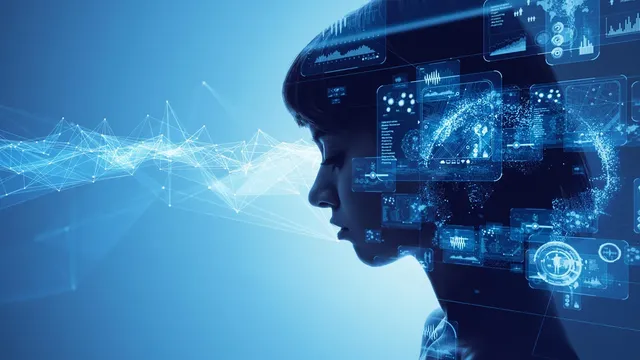Future of brain computer interfaces, neuralink & How it will revolutionize computing.
Brain-computer interfaces (BCIs) are systems that allow communication between the brain and an external device, such as a computer or prosthetic limb, using neural signals. One company working on developing BCIs is Neuralink, a neurotechnology company co-founded by Elon Musk.
BCIs have the potential to revolutionize the way we interact with technology and could have a wide range of applications, including helping people with disabilities communicate and control prosthetics, improving cognitive function, and enabling humans to directly interface with computers and the internet.
BCIs have the potential to revolutionize computing by allowing humans to directly interface with computers and the internet using their thoughts. This could lead to more efficient and intuitive ways of interacting with technology, as well as new possibilities for remote work and communication.
For example, a person could use a BCI to control a computer or other device simply by thinking about the actions they want to take. This could be especially useful for people with disabilities who may have difficulty using traditional input devices, such as a keyboard or mouse.Neuralink is currently focused on developing implantable brain-machine interfaces (BMIs) for people with severe motor impairments.
In addition to developing implantable BMIs, Neuralink is also exploring the use of non-invasive BCIs, such as wearable devices that can read neural signals from the scalp or forehead. These non-invasive BCIs have the potential to be used by a wider range of people and could have applications in fields such as gaming, virtual reality, and even education.
While BCIs have the potential to greatly improve the lives of people with disabilities and offer new ways for humans to interact with technology, there are also potential risks and ethical considerations to consider. For example, there are concerns about the safety and long-term effects of brain implants, as well as the potential for abuse or misuse of the technology.
Overall, the future of BCIs and companies like Neuralink is exciting and holds great promise, but it is also important to carefully consider the ethical and practical implications of this technology as it continues to develop.
